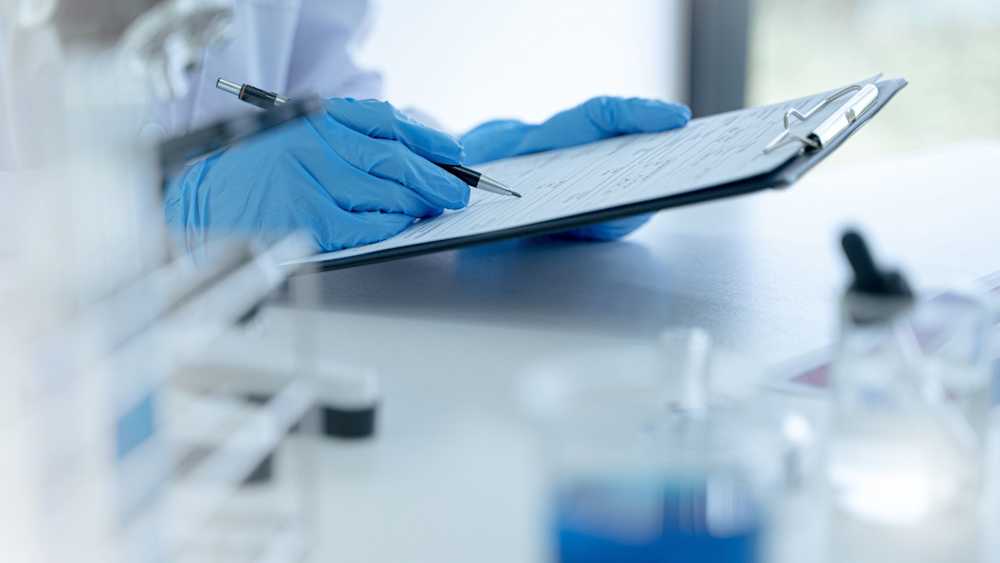New therapies are first tested in vitro on cells, then in vivo on animals, and finally on humans in clinical trials. Yet, 90% of new drugs fail in these clinical trials, while patients keep suffering from untreatable diseases such as cancer or dementia. Such an enormous failure rate is mainly caused by therapies’ adverse effects or lack of efficacy. So why hasn’t this been detected during prior cell or animal tests? Because those currently used “gold standard” tests are poorly representative of human physiology, hence weakly predicting clinical trial success.
Organ-on-chips provide a more accurate representation of human physiology
As a potential alternative to pharmaceutical industry gold standards, new methods have been developed called “organ-on-chip” or OoC. These methods use cutting-edge tissue engineering technologies – using microfluidics and organoids – to create in vitro the 3-dimensional environment of living tissues and organs. In these precisely engineered conditions, the cells display a shape and behavior close to those observed in human organs. This is in sharp contrast with the gold standard, where the 2-dimension-cultivated cells remain on plastic surfaces, far from physiological conditions.
Despite their high potential, OoCs are not yet routinely implemented in developing new therapies. The poorly predictive gold standards have been used for multiple decades, and the old habits seem to die hard. Because OoC is a new technology, it is still being validated and standardized to ease routine use and fully confirm its high potential to mimic human physiology. Also, the higher complexity of OoC previously allowed us to perform only a limited number of tests, thus increasing costs and time and slowing the validation process.
New platform to increase the efficacy of OoC therapy development
With its disruptive microfluidic know-how, AKITA developed an OoC platform offering an unprecedentedly high testing capacity, which drastically decreased the costs and time spent. These major improvements pave the path for the routine use of OoC in therapy development, thus increasing available medication options to cure diseases and promote patients’ health. Furthermore, AKITA is a potent alternative to animal experimentation and strongly aims to decrease the number of animals sacrificed in scientific research.
For example, we developed biological barriers such as the blood-brain barrier-, gut- and lung-on-chip. With those, we study the effects of therapies developed by pharmaceutical companies to help them select the right drugs for further development. We measure the capacity of compounds to cross a barrier and may perform automatized microscopic analysis to understand their mode of transport through the cells. We also use fluorescent probes or a technique using electrical fields, called transepithelial electrical resistance, to monitor the tightness of the tissue and detect potential toxicity.
Collaboration is key to developing more efficient OoC solutions
All in all, research is a collaborative effort, and we strongly believe in cooperation and partnerships. We actively collaborate with academic universities – the pillar of future therapy development – through the co-development of new OoC systems and promoting scientific research on them. Also, we partner with contract research organizations that offer specialized measurement services, which provide important support in answering challenging requests from our customers.
Our collaborative OoC platform thus supports both fundamental research and pharmaceutical companies. As such, it ultimately promotes the clinical availability of efficient therapies to fight diseases and improve patients’ health outcomes.

